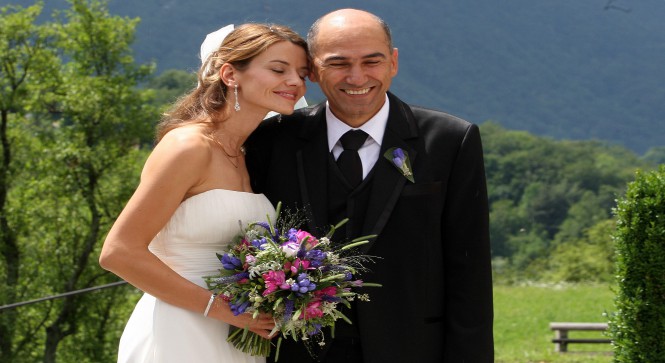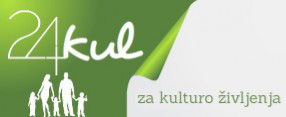
15 dan zapora Janše: Slovenija in vrnitev zgodovine!
03.07.2014Posredujemo vam zapis objavljen na spletni strani euractiv.com, v katerem se mednarodna skupnost sprašuje o montiranem procesu zoper Janeza Janšo.
Slovenia and the return of history
Janez Janša, former Prime Minister of Slovenia, has been sentenced to two years in prison, on corruption charges. But this was not an ordinary process against an ordinary person, and it is highly doubtful he has had a fair trial, writes Žiga Turk.
Žiga Turk, professor and former secretary general of the Reflection Group, has held a ministerial post in Janez Janša’s government in the period 2004-2008. He first published this piece in his blog with BlogActiv.eu.
“For nearly six years, the alleged bribery in the case of procuring Patria armored vehicles from Finland has been the No.1 topic in Slovenian political discourse. It has had a strong impact on elections in 2008, 2011 and 2014, because the accused is Janez Janša, key political figure in Slovenia, leader of (usually) the opposition and former prime minister.
But lacking convincing evidence against him, this is no longer a case of alleged bribery. The case is increasingly about the rule of law and democracy in Slovenia.
No, I was not there when they were buying the Patria armored vehicles, and do not know what was really going on. Was anyone bribed, or were there business-as-usual consultancy fees, markups, margins etc? No, I did not read the 20,000 pages of the Slovenian legal, case nor the additional 7000 documents that were used in the procedure in Finland (and where all accused of bribery were acquitted). And no, I was not present at any of the court hearings.
But I did read the indictment, the first and second instance judgments, the opinion of the Slovenian Constitutional Court, and the dissenting opinions of its three judges of the Constitutional Court. It is a few hundreds of pages that can be read and which provide a complete information. Not on how they were buying the armored vehicles, but on whether Janez Janša had a fair trial.
And since this was not an ordinary process against an ordinary person, but against an uncompromising opponent of the politics that has roots in the former communist organizations, these few hundred pages also shed light on the question whether there is rule of law in Slovenia, and if in Slovenia its highest authorities respect the constitution and human rights. Or are the police, prosecution and the courts abused by the dominant political forces to suppress political opponents?
Failed democracy?
Dr. Avbelj, Professor of European Law at the Graduate School of Government and European Studies, argues quite convincingly that Slovenia is a failed democracy:
“Slovenia has thus become a prime example of a de facto failed constitutional democracy, whereby the orchestrated media (…) refuse to present to the wider public the Patria case for what it really stands for – an apparent abuse and instrumentalization of law, through the actions and omissions of the judiciary, to eliminate particular political opponents and to consolidate political, economic, legal-institutional and finally overall social power in the hands in which it has rested so far (…).”
The state of democracy and the rule of law is larger than the fate of one individual and his family, larger than the fate of one political party and its leader, larger than the legitimacy of one elections (even though Janez Janša was jailed some three weeks before parliamentary elections and after his party won, hands down, the elections to European parliament).
State of fear?
Those few hundred pages are destroying the confidence in the repressive apparatus and the rule of law. This confidence is the difference between democracy and the rule of terror. Democracy holds society together with trust. The alternative is to hold society together with fear. We do not want to live in this alternative state of fear. We had it before 1989.
Janez Janša is a polarizing political figure in Slovenia because of his uncompromising attitude towards the ideological and economic heirs of the communist regime in all elements of society.
His trial may be an inconvenient nuisance for EU democracies that find it more comfortable to believe that all EU member states are idyllic democracies with fair and unbiased rule of law. But this case is not about Janez Janša. It is about preserving European values – human rights and rule of law – not in Belarus or some other country on the borders of EU – but in a member state in the heart of Europe.
Not only are extreme-right ideas resurrecting in Europe. The democratic processes that swept through Eastern Europe in late 1980s and early 1990s may be in retreat. This is a kind of Europe we hoped was left to the history books.”














Komentarji
Komentiranje trenutno ni mogoče.